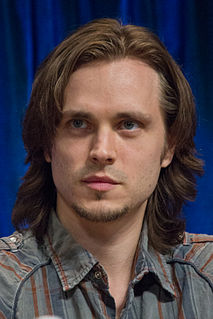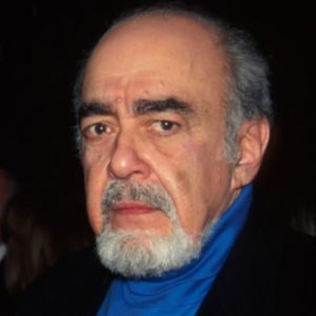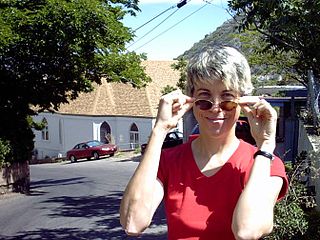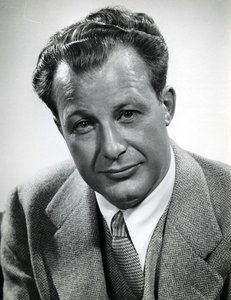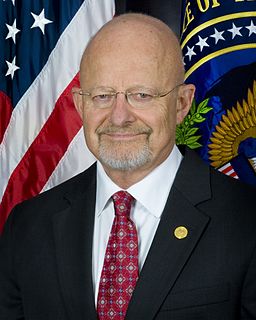A Quote by Edward Abbey
I believe that there is a kind of poetry, even a kind of truth, in simple fact.
Related Quotes
It occurs to me to wonder: do I believe in any god, or even positively not believe, as James does? I believe in systems and methods. I believe in the beauties of philosophy and poetry. I believe that the work we do and leave behind us is our afterlife; and I believe that history lies, but sometimes so well that I can't bring myself to resent it. I believe that truth is beauty, but not, I'm afraid, the reverse. It doesn't seem sufficient to sustain one in life's rigorous moments. Perhaps I shall embrace Islam. Its standards for poetry seem very high.
I think poetry can be a kind of secular way in which people can be led to approach the difficult parts of their life, where there's been loss, where there's sadness of a deep kind. If poetry can help people to be more at ease in expressing even to themselves a lot of the darkness and pain of ordinary human existence, then it's serving some kind of cultural role, perhaps more than a cultural role, perhaps it is serving something of a spiritual role.
What I hate about kitchen-sink dramas is [this idea] that the set is real, therefore you're going to be seeing truth. You have to earn truth. Truth can't be a part of the fact that people appear to talk that way and live in that room. You're looking for the poetry in something, and I don't mean poetry in the fancy sense. Naturalism believes by just replicating a thing you give the truth, rather than earning the truth.
The novels I love, the ones I remember, the ones I re-read, have an empathetic human quality, or 'emotional truth'. This quality is difficult to fully define, but I always recognise it when I see it: it is different from honesty and more resilient than fact, something that exists not in the kind of fiction that explains but in the kind that shows.

